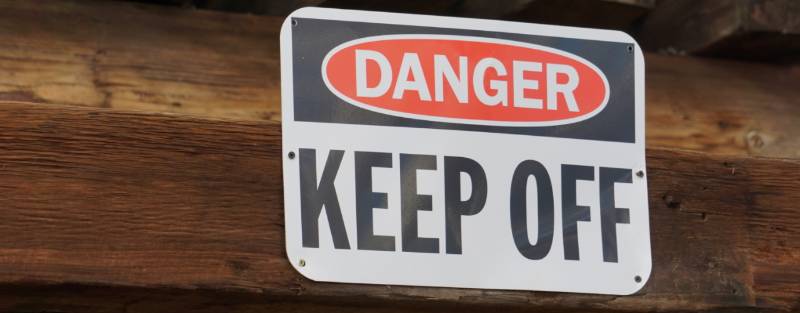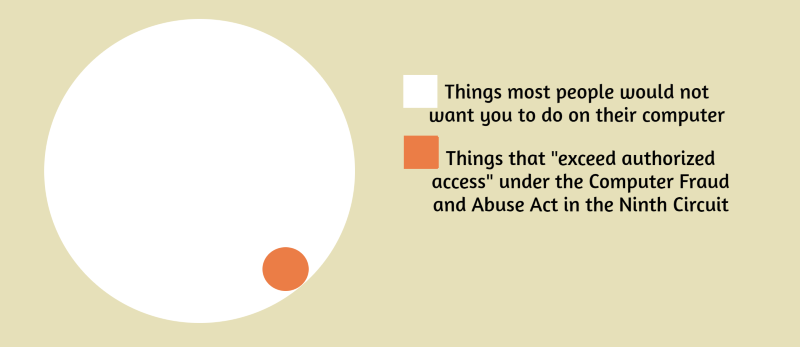Plaintiff owned a Twitter account and operated a related blog. Plaintiff used the Twitter account to drive traffic and revenue to the blog, conduct business via direct messages, and promote its brand, for which it claimed common law trademark rights.
Unknown hackers took control of plaintiff’s Twitter account by changing the email address associated with it. This locked plaintiff out. Plaintiff contacted Twitter several times to report the hack, but Twitter declined to take action because the complaints did not come from the email address then associated with the account. Plaintiff had not enabled Twitter’s two-factor authentication feature and claimed Twitter failed to adequately inform users about it.
While in control of the account, the hackers used plaintiff’s credit card without permission to purchase 93,000 promoted tweets and posted spam messages, including ones falsely advertising that the account was for sale and offering free iPhones. Plaintiff submitted refund requests to Twitter, but claimed Twitter’s process was broken. Twitter did not restore plaintiff’s access until after the lawsuit was filed.
So let’s sue Twitter
Plaintiff sued Twitter for multiple claims, including contributory trademark infringement, breach of contract, negligence, breach of bailment, and unfair competition. The court granted Twitter’s motion to dismiss all claims, though some were dismissed with permission for plaintiff to amend.
How the court ruled
Plaintiff claimed contributory trademark infringement, arguing that Twitter allowed the hackers to control plaintiff’s account after being notified of the hack, which led to misuse of plaintiff’s mark. The court dismissed this claim because plaintiff did not allege that Twitter had actual or constructive knowledge that trademark infringement was occurring. Simply receiving reports of a hack was not enough to show that Twitter knew or should have known the account’s use was infringing a trademark.
For the breach of contract claim, plaintiff pointed to Twitter’s Terms of Service (TOS), asserting that Twitter had obligations to maintain access and protect content. The court found that the TOS provisions cited did not amount to enforceable promises about uninterrupted access or account security. The court also rejected plaintiff’s claim that Twitter had breached an implied contract, finding no facts showing Twitter made any implied promises. Finally, the court dismissed the breach of the implied covenant of good faith and fair dealing because it was based on the same allegations as the breach of contract claim and added nothing new.
In its negligence and recklessness claim, plaintiff argued that Twitter failed to use reasonable care in securing accounts and responding to the hack. The court rejected this claim for three reasons. First, plaintiff failed to show that Twitter owed a legal duty separate from the contract. Second, the only damages alleged were economic losses, which are barred in negligence cases unless accompanied by personal or property harm. Third, the negligence allegations were nearly identical to the contract claims, making the tort claim impermissibly duplicative.
Plaintiff also alleged a breach of the duty of bailment, claiming Twitter had custody of its credit card information and private messages. The court rejected this claim, stating that digital content and payment information did not qualify as personal property that could be “delivered” and then returned, as required for a bailment. The court also noted this claim was duplicative of the breach of contract and negligence claims.
Under California’s unfair competition law, plaintiff asserted that Twitter engaged in unlawful and unfair practices. The court dismissed this claim because it was entirely derivative of the other claims. Since none of those underlying claims were properly pled, the unfair competition claim also failed.
Finally, the court dismissed plaintiff’s request for declaratory judgment, which asked for a declaration of ownership over its blog, domain, and Twitter account. The court explained that declaratory judgment is not a standalone legal claim and requires a viable underlying claim, which plaintiff had not presented.
Worldwide Media, Inc. v. Twitter, Inc., 2018 WL 5304852 (N.D. Cal., October 24, 2018)




 Evan Brown is a technology and intellectual property attorney in Chicago. This content originally appeared on
Evan Brown is a technology and intellectual property attorney in Chicago. This content originally appeared on 


